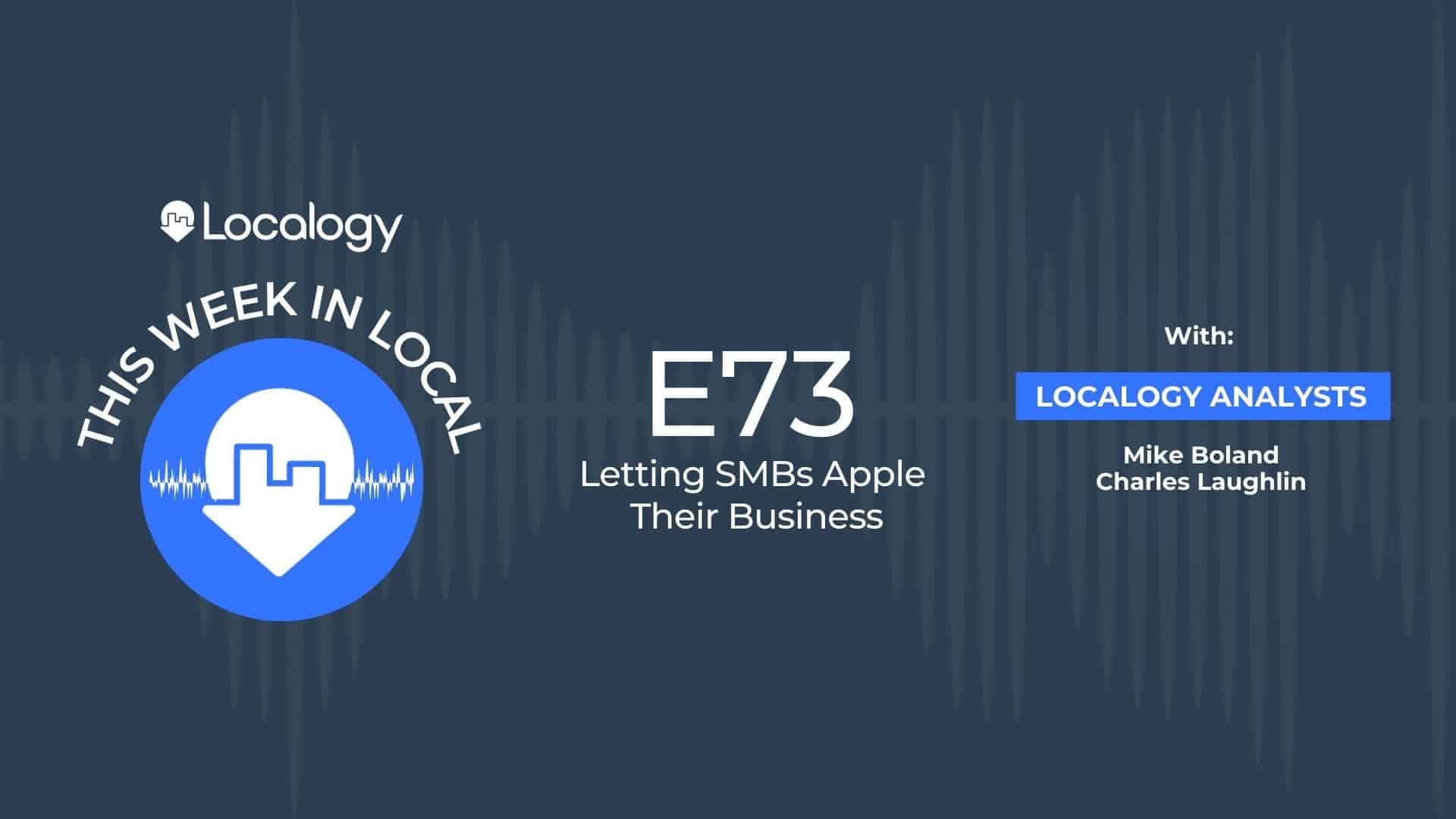Whatever you’re selling to SMBs, one thing they don’t need are custom mobile apps. Most local businesses have no need for their own mobile apps, and the only reason they do get a custom mobile app is because someone pressured them into purchasing it from them.
Everyone would love to have their own app, but for local businesses it becomes a liability instead of an asset. In some cases, it might be wasting their marketing budget on something that simply does not work.
When a business gets an app it unintentionally becomes its face, and when the app fails to live up to the user’s expectations it rubs off negatively on the business itself.
For example, one of our clients engaged us to re-build a website since the current one wasn’t working. After getting some information about the business and the website, I Googled their business name. When search results showed up, for a split second I thought we’ll be doing some reputation management when I saw 2 stars for the third result on the page. But after looking at the information, I realized that the 2 stars weren’t for the business but for their Android app on Google Play marketplace.
The app provided no value other than the business information one could just as easily have found on a Google+ business page. Users downloaded the app expecting more functionality and information in that niche, but what they found was business information and nothing more. What did they do? They left 1 and 2 star reviews. Thanks to Google’s rich snippets, those stars showed up in search results for the business name.
The moral of the story is that SMBs don’t need mobile apps. There are only a handful of businesses who would need an app, and they would have proper resources to support development and management of that app. $300-600 app built with some third party drag and drop software is the last thing your clients need.
I’ve noticed that as mobile grows, so does the “underground” online marketing effort to push low quality mobile solutions. Places like Warrior Forum are filled with cheap “solutions” to build mobile websites and apps quickly and cheaply and to re-sell it to SMBs for a higher profit. But these do nothing but hurt businesses. Latest data shows that on average (globally) smartphone users actively use 6.8 apps per month.
Instead of selling low quality, valueless apps to SMBs, service providers need to create partnerships with existing mobile solutions to leverage their infrastructure and audience. Many existing mobile apps catering to local SMBs spend thousands and millions of dollars not only on their app, but more importantly, on user acquisition. This means your clients get access to their audience – a huge pool of new customers – instead of wasting time, money and even business reputation. Instead of growing your bottom line at the expense of your client’s, help clients grow their bottom line and they will help you grow as well.
The mobile app marketplace is full of excellent apps SMBs can leverage to acquire new customers, and many of these app vendors offer some sort of partnership program you can leverage. Even if some of them don’t offer partnership programs, don’t let that stop you from recommending it to your clients. Remember, your client’s bottom line is your first priority. Nurture and build your relationship, and they will never leave you.
Here are a few examples to help you get started:
- Seamless: If your clients deliver food, help them leverage the Seamless app to reach new customers and implement an easy ordering system to streamline their operations.
- delivery.com: Similar to seamless, delivery.com includes other delivery services. So if your clients deliver groceries, alcohol or laundry, delivery.com will help them improve their business and reach new customers.
- LoyaltyBlocks: Help your clients build a loyalty program by leveraging the LoyaltyBlocks app and in-store beacons to reward customers and generate foot traffic.
- LineApple: Instead of waiting in lines, getting bored and frustrated, LineApple can create virtual lines and notify customers when their spot in line is up for the checkout or appointment, or whatever the case might be.
Some of the app vendors mentioned above offer some sort of partner programs and some don’t. But the point is, just because you can’t sell it directly does not mean you shouldn’t recommend it to your SMB client. Help them improve their bottom line and they will be more inclined to purchase whatever services you offer because you were there for them without pushy sales tactics and flavor of the month products.
To paraphrase what Ted Rubin, the author of Return on Relationships, wrote in his post on measuring success: Building relationships is about starting meaningful dialogue and taking the time to thoughtfully and genuinely engage in ongoing conversation. Relationships focus on getting to know your customers and giving them reasons to stay engaged — not just getting them to react.
This focus on relationships needs to be all the time, not simply campaign or initiative based. That is the biggest mistake being made today by marketers with customers.



